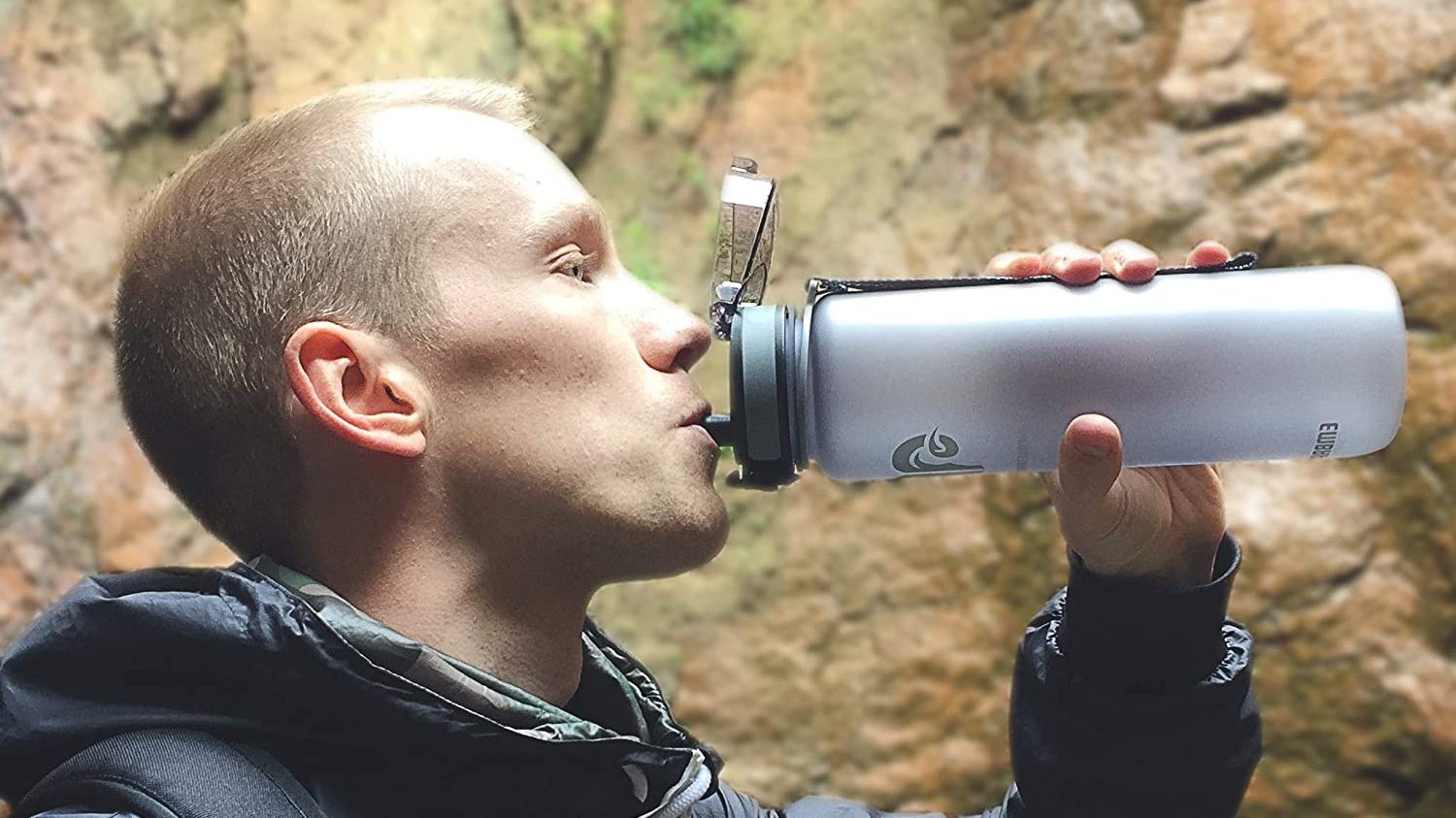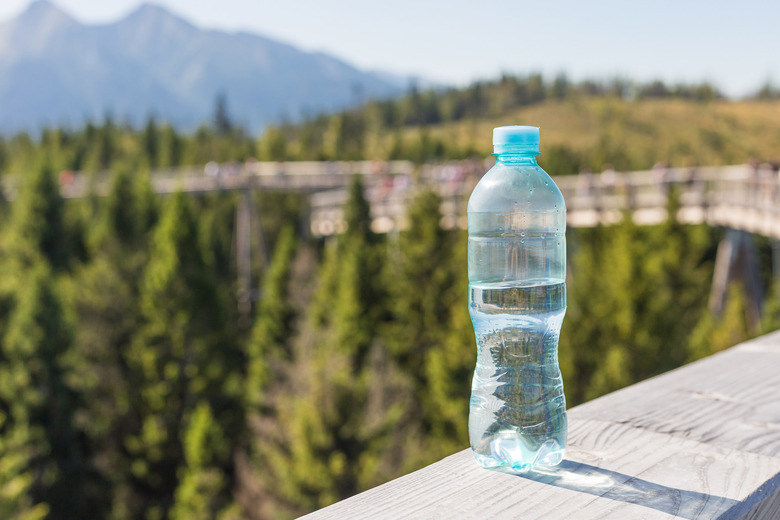Plastic Bottles Found To Leach Toxic Chemicals In The Sunlight - Should You Be Worried?
New research has discovered some troubling news. According to a study conducted by scientists at the Guangdong Key Laboratory of Environmental Pollution and Health at Jinan University in China, the dangers of plastic water bottles may extend beyond just the harm that plastics can do to the environment.
That's because the scientists found that plastic water bottles may release potentially toxic chemicals into your water when exposed to the Sun. The chemicals in question are a variety known as volatile organic compounds (VOCs). VOCs usually evaporate at room temperature, and they can be found in a multitude of products, such as paints, cleaning products, solvents, and fuels.
They're also, unfortunately, found in plastics—just like the ones used to make packaging for our food and water bottles. While many of them are harmless, some of them can have short or long-term effects on your health. The new study, which highlights the new dangers of plastic water bottles, states that these VOCs can be released into the content of the water bottle when it is exposed to the Sun for extended periods of time.

Luckily, the bottles do not seem to release extremely large amounts of the chemicals. However, because the chemicals that are released can include alkanes, alkenes, alcohols, acids, and aldehydes, the researchers recommend that people be aware of the issue, especially in places where bottled water may be exposed to sunlight for extended periods of time.
Each of the bottles used in the study was made out of polyethylene terephthalate (PET), which is one of the most common types of plastic that we use in bottles. The researchers say that the process that releases the chemicals is most likely photodegradation, which sees the plastic break down in response to the light itself, not the heat. This isn't the only study that has highlighted the dangers of plastic water bottles, either.
Previous research has showcased that leaving water in a plastic bottle for just one day could allow hundreds of chemicals to seep into the drink, including carcinogens and endocrine disruptors, which can meddle with your body's hormonal system.
It's unclear if this latest research, which was published in the journal Eco-Environment & Health, is talking about plastic bottled water sold in stores or reusable plastic water bottles. Either way, avoid taking them out in the Sun and leaving them exposed to the light, and if possible, perhaps look for other options to store your water.
